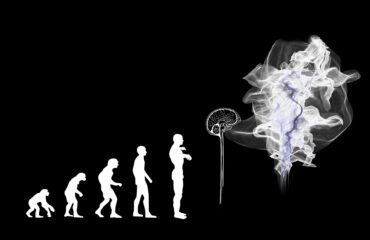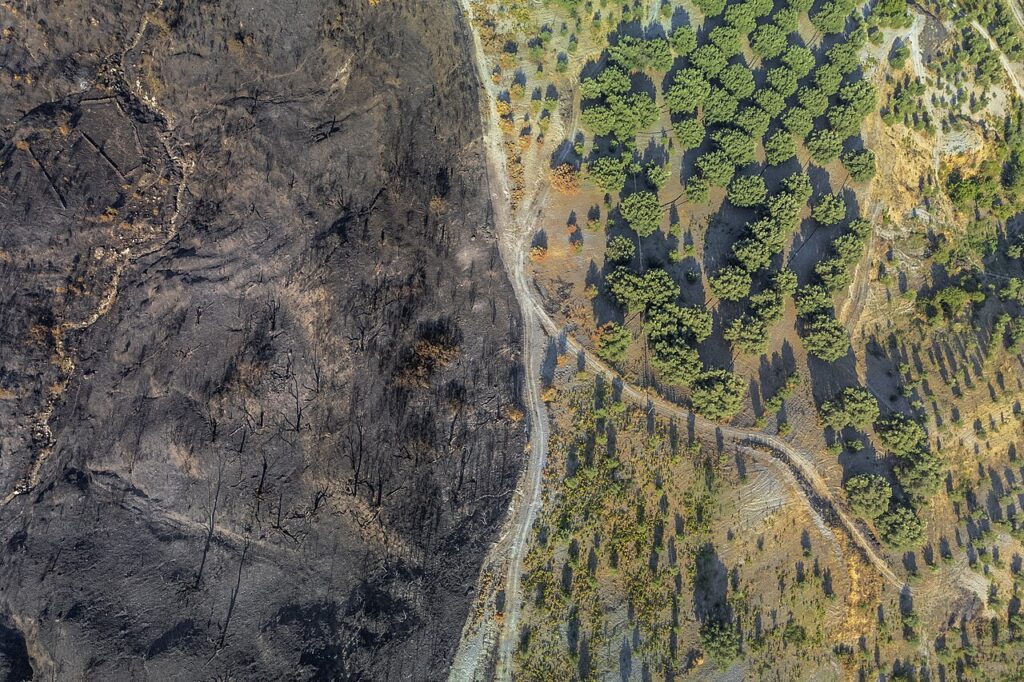
8th place winner in Wiki Loves Earth 2023’s Landscapes category. “Dichotomy. Aspromonte National Park, in the municipality of Roccaforte del Greco. Since the beginning of 2021, in Italy, especially in the South, over 150 thousand hectares of forests have gone up in smoke (Source: European Forest Fire Information System of the European Commission)”. Image: Cesare Barillà
By Mariana Meneses
A recently-published paper at Nature Climate Change, by Mark C. Urban and co-authors, sheds light on the intricate relationship between climate change and urbanization, highlighting their combined influence on biodiversity and ecosystems. By integrating various disciplines, Urban emphasizes the need for resilient landscapes that address both biological and societal concerns, outlining pathways for mitigating the damage of climate change and urbanization on our planet’s biodiversity.
Urban and co-authors are among many observers studying the human causes and effects in climate change. In the quest to develop an integrated approach to climate change, is there a relationship between the observer effect on nature’s local and planetary systems and the observer effect at the tiniest level of the quantum that scientists are now trying to explain?
In The Observer Effect: Why Do Our Measurements Change Quantum Outcomes?, we explored the intriguing and much-debated question of why human observation of a quantum process changes its outcomes.
The quantum is the tiniest bit of energy that can be either the cause or effect of physical change, and we considered the question’s potential resolution in Roger Penrose’s proposition that conscious measurements imprint information in the curvature of spacetime. It’s an idea that challenges traditional notions of observation and reality and suggests a profound connection between the observer and the observed at the very core of the physical universe.
Although the scale of observation is different, we could – at least philosophically – assert that human active observation of – or interaction with – nature is full of consequences.
For a long time, many have studied the effects of humans on nature. For example, we have previously discussed how the urgency to preserve biodiversity is underscored by the escalating rates of extinction driven by human activities such as overharvesting, deforestation, and climate change, with possible solutions ranging from sustainable agriculture practices to promoting Indigenous paradigms of balance and respect for the Earth.
However, although Indigenous Knowledge Integrates Science and Nature for Greater Sustainability, a recently-published study by Laura Jane Brubacher and co-authors reveals that Indigenous peoples worldwide bear a disproportionate burden of the adverse effects stemming from climate change and biodiversity loss, severely affecting their health and wellbeing. Thus, when discussing the effects of humans observing nature, it is important to pay attention to the unequal distribution of such effects among different human societies.
Despite the well-documented negative consequences of human activities on Earth’s climate and biodiversity, it remains astonishing that scientists continually uncover new species on our planet.
The Washington Post recently reported on the discovery of possibly more than one hundred new species by deep-sea researchers off the coast of Chile. The researchers were exploring an underwater mountain range when they found these rich ecosystems in marine parks protected by the Chilean government from fishing.
Dozens of new species found 14,000 feet underwater | Washington Post
Off the coast of New Zealand, researchers have also recently uncovered another hundred new species.
According to the BBC, they made this remarkable discovery while mapping and investigating the previously unexplored Bounty Trough, located 800 km from the coast.
The article “Deep Sea Unknown: A Review and Outlook on the Discovery of New Marine Species in the Early 21st Century” published this year in the International Journal of Marine Science, by Qiong Chen, sheds light on the profound implications of recent advancements in deep-sea exploration. Not only have these technological strides led to the revelation of large numbers of new species, but they’ve also expanded our comprehension of Earth’s biodiversity and challenged preconceived notions about the limits of life.
Beyond mere discovery, the findings emphasize the pivotal roles that deep-sea organisms play in vital global processes, such as nutrient cycling.
Moreover, they underscore the urgent need for heightened environmental protection measures, urging policymakers and the public to recognize the fragility of these ecosystems, especially in the face of emerging threats like deep-sea mining. While acknowledging the economic potential of deep-sea resources, the article advocates for a balanced approach, emphasizing sustainable utilization and biodiversity preservation. Importantly, it highlights the significance of international collaboration in deep-sea research and conservation efforts, stressing the necessity of shared knowledge, technology, and resources for the long-term sustainability of these vital ecosystems.
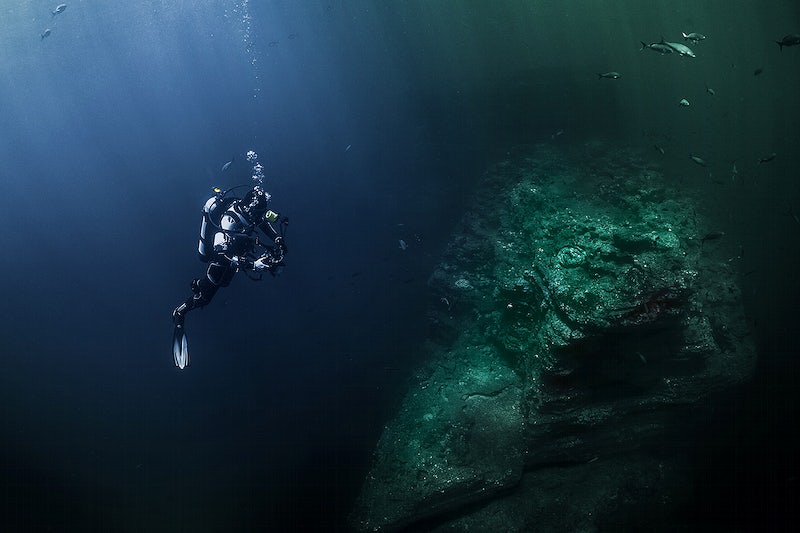
“Marine snow: How deep-sea snow storms cool the planet”. Image: Northeastern University’s Student-Run Science Magazine
Observation is the first step in remediation.
Wiki Loves Earth is an annual international photographic competition that celebrates natural heritage through the eyes of observing humans. Participants take pictures of local protected natural areas in their countries and upload them to Wikimedia Commons. This year, Wiki Loves Earth will take place between May 1st and July 31st, 2024.
Here are some of the 2023 winners, in different categories – what observations can you and others add in 2024?
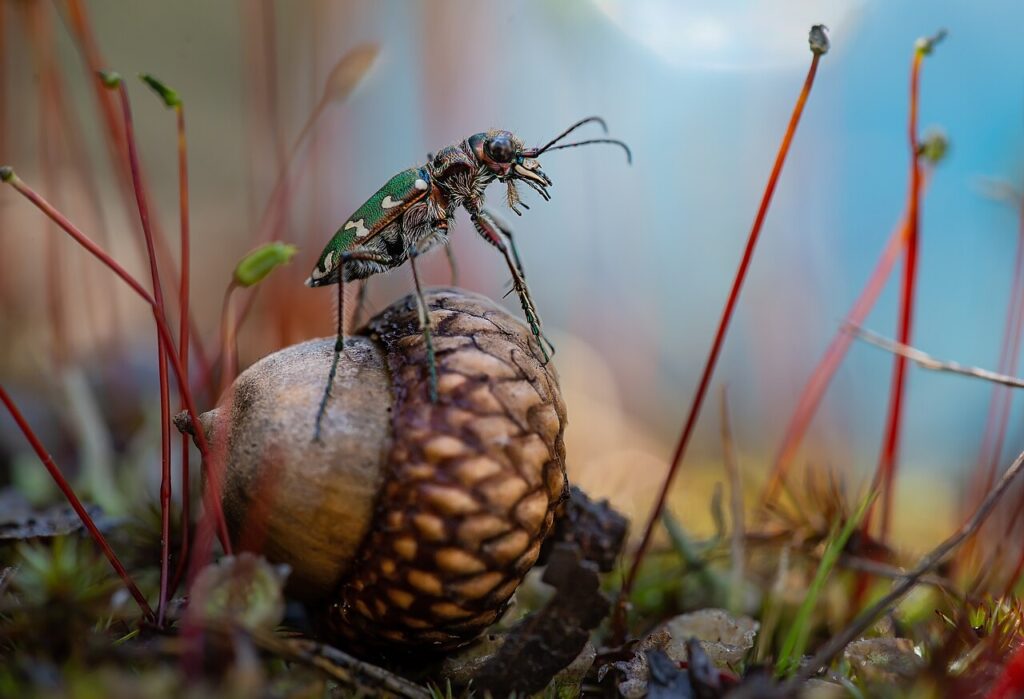
Macro/close-up category: Cicindela soluta beetle in a natural heritage site in Ukraine. Image: Сергій Мірошник
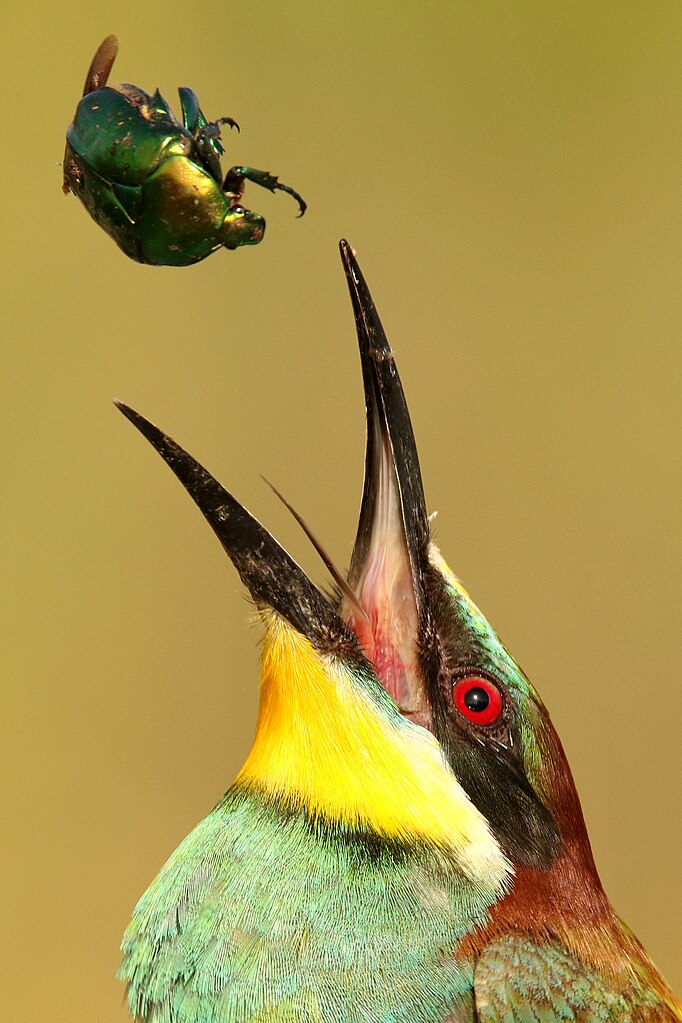
Macro/close-up category: “Bee-eater rolls an insect before eating it”. Image: Maurizio Carlini
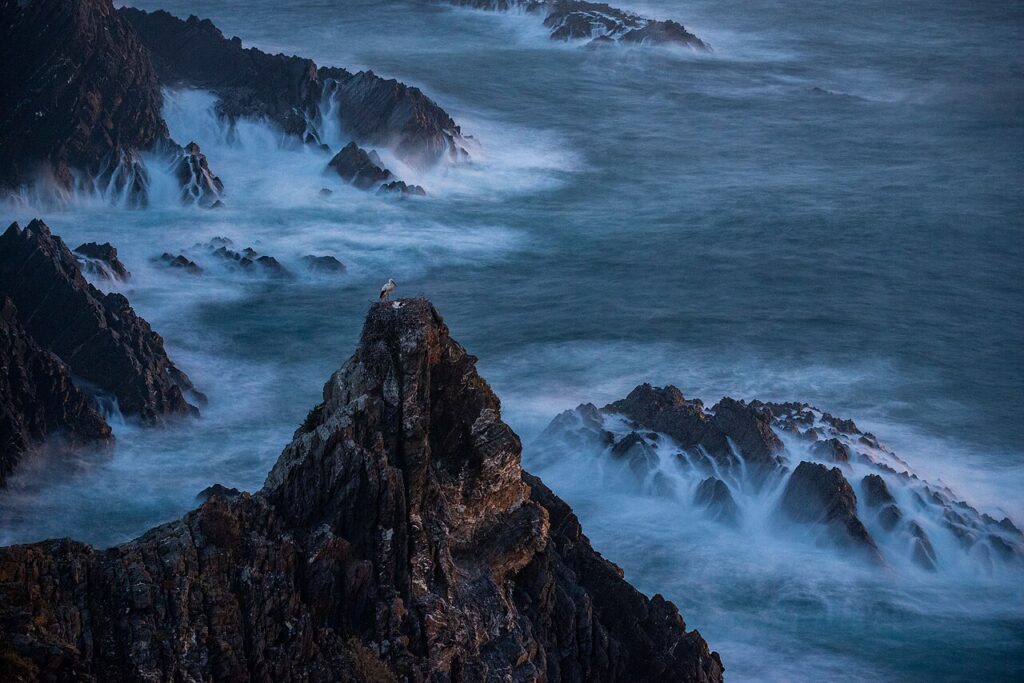
Landscapes category: Parque Natural do Sudoeste Alentejano e Costa Vicentina, a protected area of Portugal. Image: Nuno Luís

“Stack Rock Fort viewed from above – Pembrokeshire Coast National Park”. Image: Jacob Allen
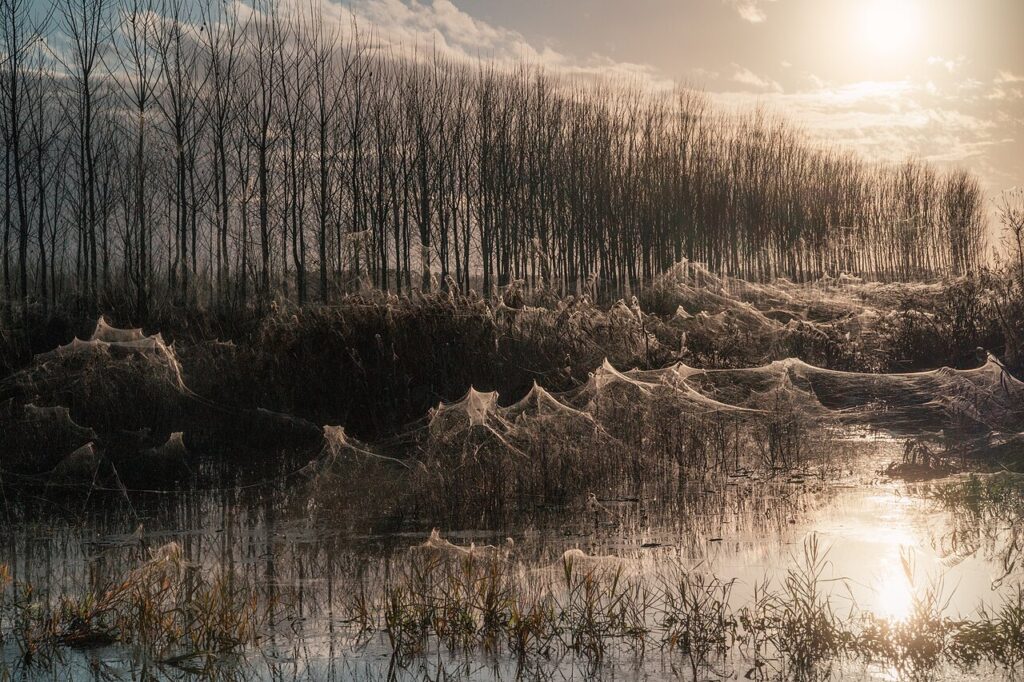
“Cloaks of cobwebs are created following prolonged periods of drought followed by intense rains which cause water levels to suddenly rise.” Image: Pamela Doretti
You can explore more stunning nature photos captured by the winners of the contest on the website, which also includes results categorized by participating countries.
The special nomination “Human Rights and Environment” aims to raise awareness about environmental issues.
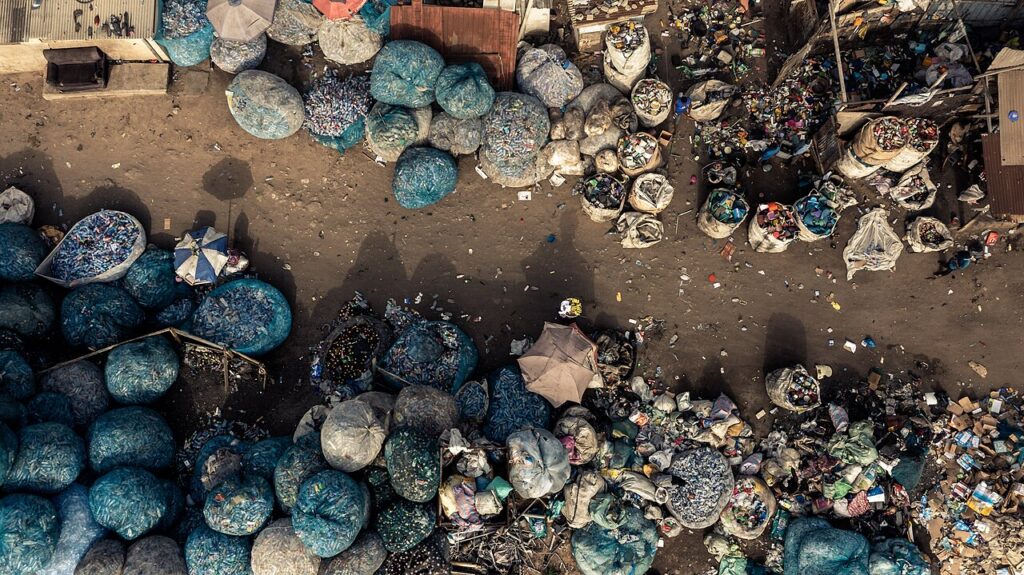
“A photographical shot of plastics and waste gathered on odaw river bank”. Image: Goldenwabbit

Special nomination “Human Rights and Environment”. Image: MetAddyOliver
Human activities impact the natural world in intricate ways, seen through climate change, urban growth, and biodiversity.
While actions like deforestation harm biodiversity, ongoing discovery of new species highlights Earth’s richness. Initiatives like Wiki Loves Earth show how observing nature can raise awareness of environmental issues.
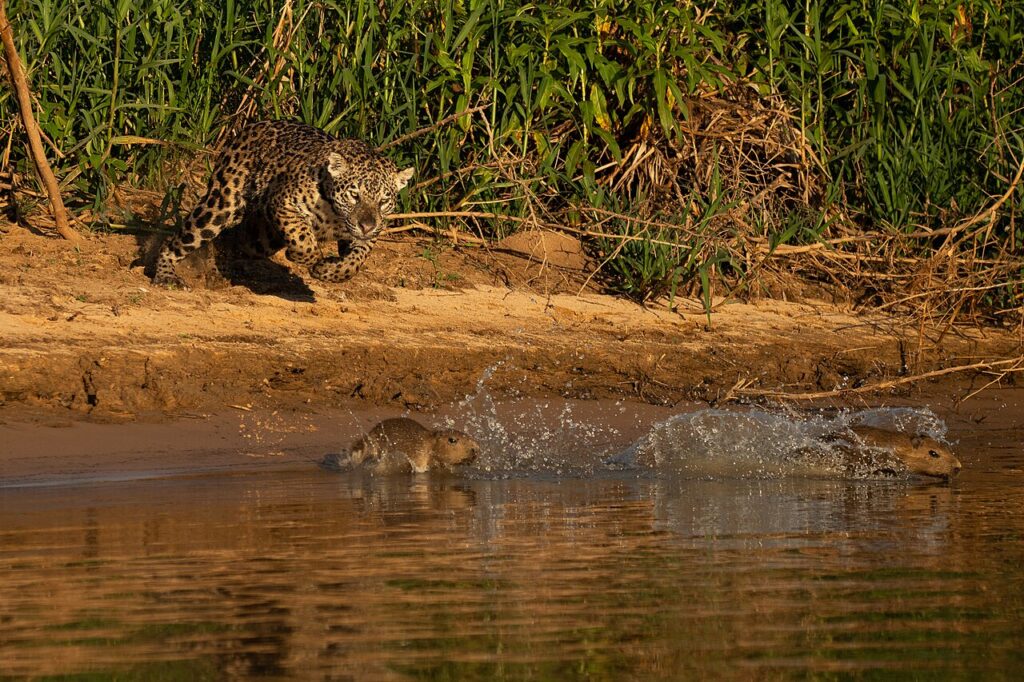
“After a few hours following a female jaguar named Patricia, we observed this attempted predation on two young capybaras on the banks of the Três Irmãos River, located in the Encontro das Águas State Park.” Image: Gustavo Gaspari
Craving more information? Check out these recommended TQR articles:
- New Insights Reveal Unexpected Patterns in Evolution of Humans and Other Species
- Evolving Time: Can We Extend Our Lifespan, and the Earth’s Life Too?
- How Many Languages Are There? Scientists Shed Light on What Animals Other Than Humans are Saying
- Clean Technologies and Technologies That Clean: Undoing the Climate Damage We Have Caused
- Preserving Biodiversity: The Race Against Ecosystem Loss
- Life Beyond Plastic: How Insects and Enzymes Could Hold the Key to Solving Plastic Pollution



